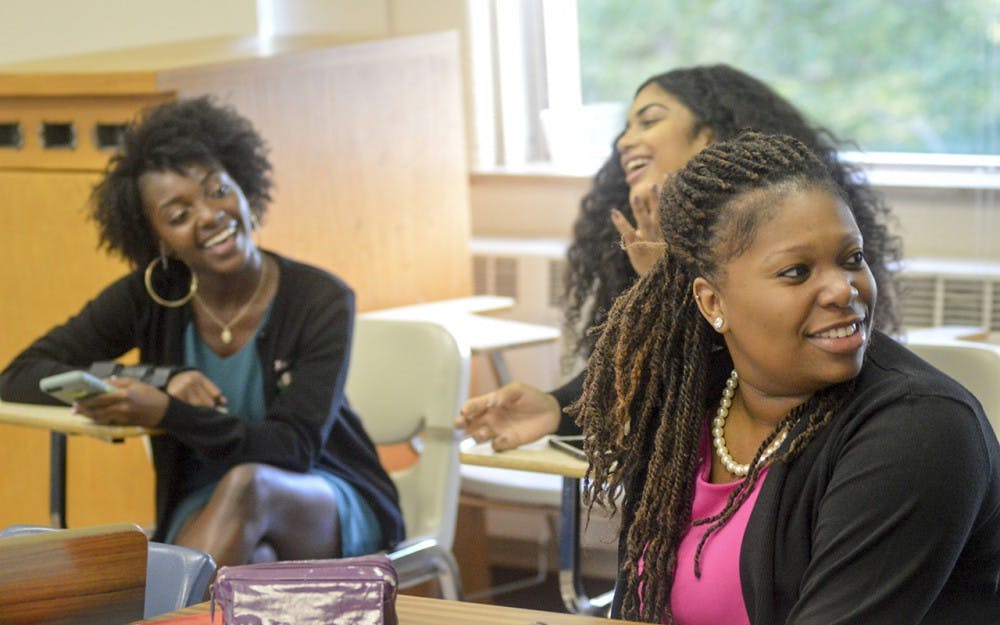Hopkins decided that mental health outreach on campus was inadequate after researching mental health for the IU Student Association last year and after her own depression diagnosis.
To form the committee, she brought together students from different groups on campus.
These groups included a mental health focus, such as Culture of Care, the Graduate and Professional Student Government, IUSA and the Panhellenic Association.
The committee will work with Counseling and Psychological Services at the IU Health Center to broaden students’ awareness of mental health and mental health services.
They’ll also work to end stigma around mental illness.
“There are a lot of students dealing with anxiety, not even a diagnosable anxiety disorder, and not knowing what steps to take to help with that,” Hopkins said.
Hopkins sought representatives from multiple organizations on campus to create a student network that could more effectively reach a large number of students and present a unified student face for mental health.
The committee will take similar projects from different groups and distill them into a unified mental health project that could then be split up between the various organizations.
Student representatives will work with mental health professionals, such as CAPS Director Nancy Stockton, to streamline initiatives and avoid conflict or redundancy with different initiatives on campus.
“Sometimes Nancy doesn’t know if working with CAPS is going against what Culture of Care would do,” Hopkins said.
Hopkins worked with Stockton and Pete Grogg, the executive director of the IU Health Center, to find a solution to what Hopkins saw as problems with students not knowing what CAPS could provide or how to schedule an appointment.
“CAPS belongs to the students,” Stockton said. “Many of the students on this committee are eager to look for ways to break down stigma associated with seeking mental health services, and we very much welcome that.”
Once instituted, one of the committee’s first goals will be to emulate the “How are You?” campaign, which seeks to encourage students to keep tabs on each other’s mental health.
Hopkins had tried to establish this campaign at IU last semester but was unable to complete it before the year ended.
“The idea that mental illness doesn’t discriminate and the idea that 100 percent of us have mental health drove me to do the work for the campaign and the campus,” Hopkins said. “One in three students on this campus have a mental illness, but three in three of us have mental health.”




